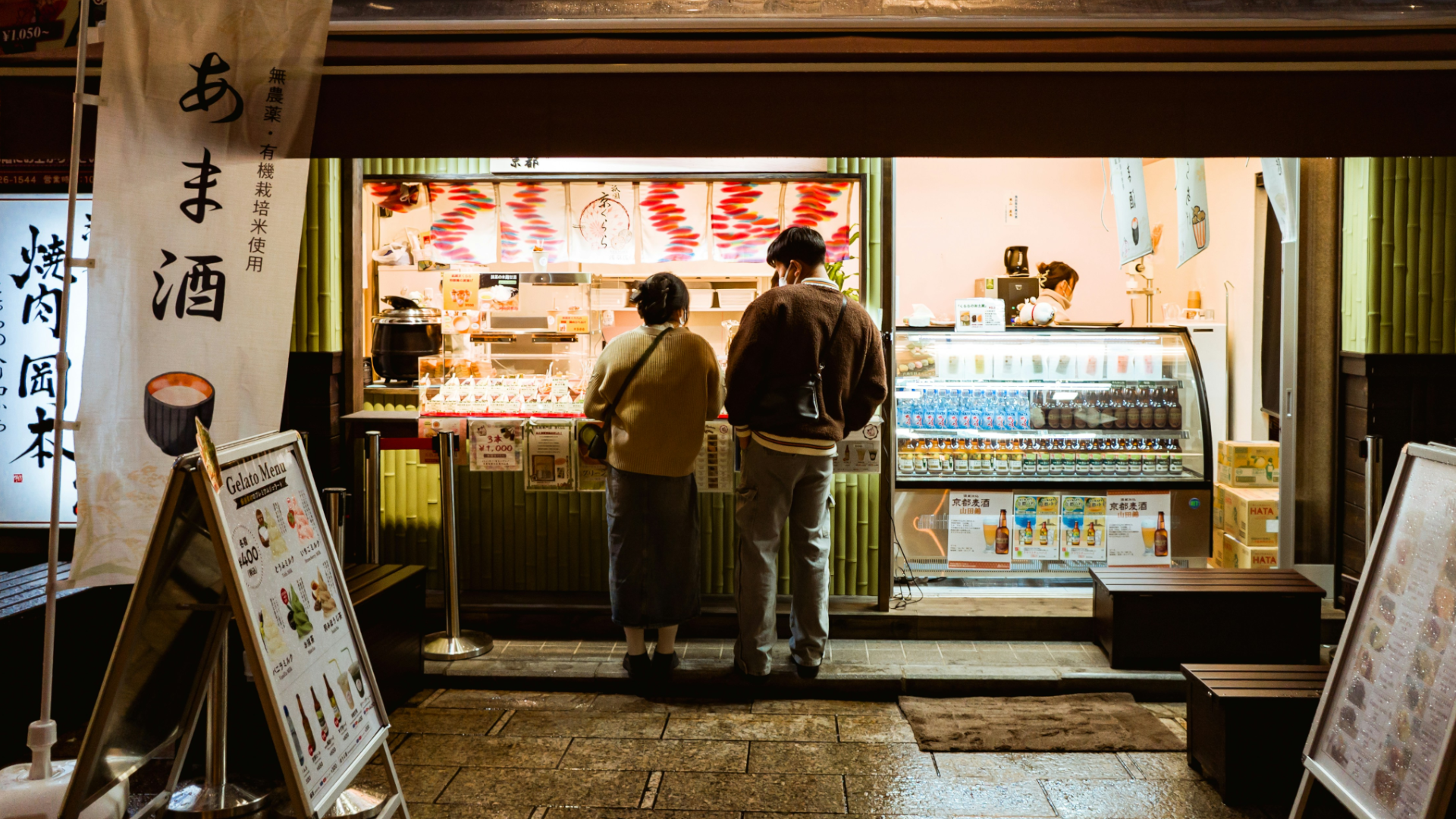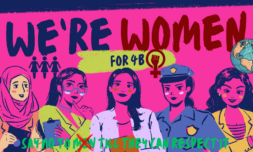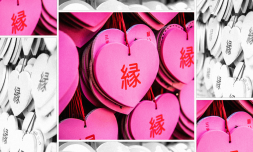In light of the country’s low national birth rates and worsening lonely deaths epidemic, a government-mandated dating app has been created for Japanese citizens. Can the state’s involvement solve the cultural issues driving these worrying trends?
The declining birth rate in Japan has been declared by the country’s former prime minister Fumio Kishida as “the biggest crisis Japan faces”.
This so-called “crisis” is due to a number of factors including bleak job prospects, the high cost of living, and corporate culture that makes it impossible for both parents to work, according to the Guardian.
Additionally, Japanese women are making the feminist decision to opt out of marriage and relationships with men (often in favour of career progression), which is unlikely to be doing the country’s birth rates any favours. This could be, in part, a retaliation to the “Christmas cake” slur used derogatorily to refer to Japanese women who couldn’t be “sold” for marriage after 25 years old.
That being said, this rejection of men by Japanese women is less radical than that of the 4B movement, popular amongst women in the fringes of Japan’s neighbouring country South Korea, partly in opposition to the gender pay gap amongst OECD nations, and to more severe misogynistic abuse.
The 4B movement evokes the Korean word “bi”, which translates to “no” in English. Bihon (a refusal to marry men) Bichulsan (a refusal to bear men’s children), Biyonae (a refusal to date men), and Bisekseu (a refusal of sexual relationships with men).
An alliance with feminism has sparked misogynistic violence, it goes without saying that South-Korea has one of the lowest birth-rates in the world.
Japan follows close behind, with fewer and fewer people in the country having children. The government continues to be faced with a lonely death epidemic, with some 68,000 people expected to die alone and unnoticed in the country last year.
There’s even a term, kodokushi, meaning “a person [who] dies without being cared for by anyone, and whose body is found after a certain period.”
@asianbossmedia Want to see more videos like this and stay informed about the latest developments in Asia and local perspectives? Check out AsianBoss.io for the most authentic insights from Asia that you won’t find in mainstream media. #korea #4bmovement #nodating #lowbirthrate #nomarriage #feminism #feminist #korean #asia #asianboss #staycurious





















